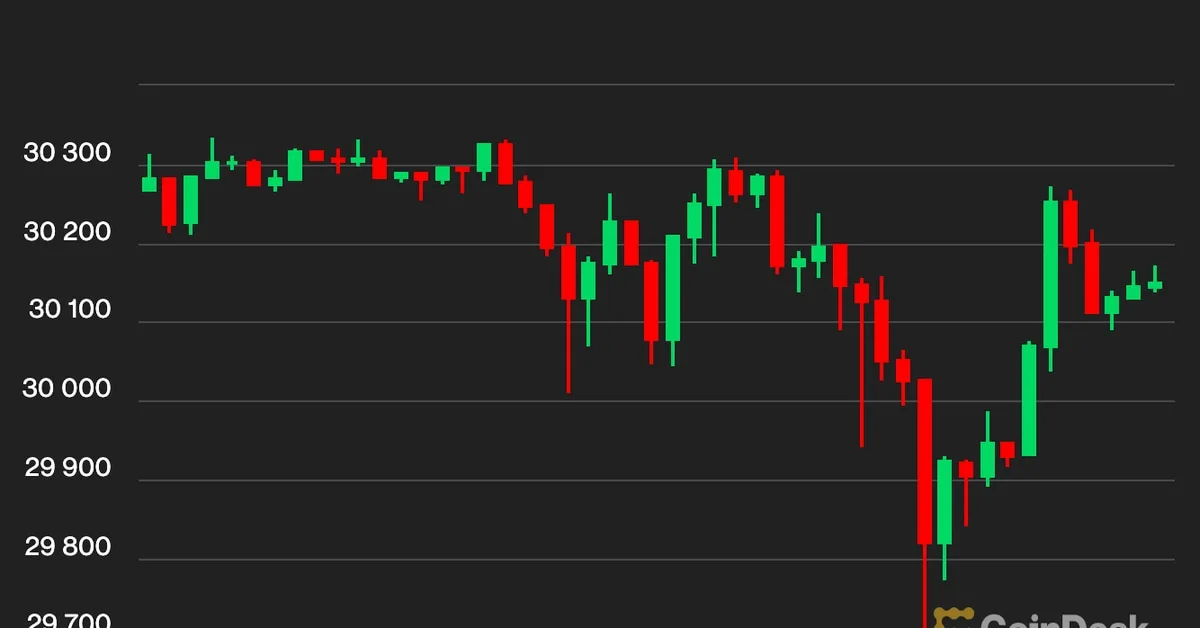Bitcoin prices sagged to their lowest level since late June, falling beneath $29,700, before recovering some lost ground. Jarek Jakubcek, Binance’s law enforcement training head, combats global crypto scams by training law enforcement on what to look for. Despite BlackRock’s recent application to start a Bitcoin ETF, a range of market watchers contacted by CoinDesk said several roadblocks still lie ahead.
We may see a lot of back and forth before we get that firm sign-off (from the SEC), said Edward Moya, senior market analyst for foreign exchange market maker Oanda.
Jarek Jakubcek, head of Binance Law Enforcement Training, and a former cryptocurrency specialist in Europol Cybercrime Centre’s (EC3) Dark Web team, spends a lot of his time training law enforcement throughout the region on gathering evidence and tracking down who’s behind these schemes.
Cryptocurrencies, as practical technology, are basically bound to be abused by criminals because it is convenient and because it is practical, he said.
Law enforcement has been investigating crypto crimes for years and has found a lot of operational success, thanks to blockchain’s transparent nature. Despite its user-friendliness for everyone, including criminals, it is also beneficial for investigators as the activity is out there on-chain and not hidden in bank logs and shell corporations.
Fake court orders asking for funds to be moved are another thing Jakubcek’s team has dealt with. We are very lucky to have a team of almost 30 ex-law enforcement people, because we know how law enforcement requests should look like, he said.
A global company like Binance has a tough time avoiding geo-politics, which is a simple byproduct of operating in so many of the world’s markets. Law enforcement requests can sometimes conflict with different countries’ national interests.
So far, from Hong Kong, Jakubcek says that 90% of the requests are purely fraud related.
